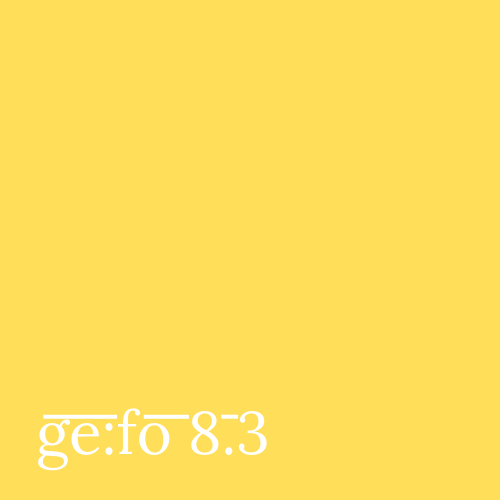Review: Judit Gadzi, Andrea Petö and Zsuzsanna Toronyi, (eds.): Gender, Memory, and Judaism
DOI:
https://doi.org/10.18716/ojs/gefo/2009.3149Keywords:
Jewish women, conference, scholarly limitationsAbstract
In lieu of an abstract, here is the first paragraph of the review:
Although research on Jewish women in Europe has grown quickly in the last two decades, both theoretical and geographical lacunae remain. Apart from the recent memoir collection Hungarian Jewish Women Remember the Holocaust1, Hungary remains one of these geographic gaps in English-language scholarship. The road to such scholarship has proven a difficult one for several reasons. First because of an academic stumbling block: according to editor Andrea Peto, “gender studies are unknown in Hungary” (43). Second has been a reticence of non-Jewish feminists to engage seriously with committed Jewish women. Furthermore, since 1989 major religious institutions, both Jewish and Christian, have emerged from Hungary’s Communist years with traditionally minded rather than forward-looking attitudes toward women and gender roles. Despite these academic and political challenges, in 2006 a group of academics and activists organized a conference to consider the lives of Jewish women in historical perspective. The conference provided the genesis for the edited volume under review, entitled Gender, Memory, and Judaism, a text which both addresses and at times is subject to the aforementioned scholarly limitations.



